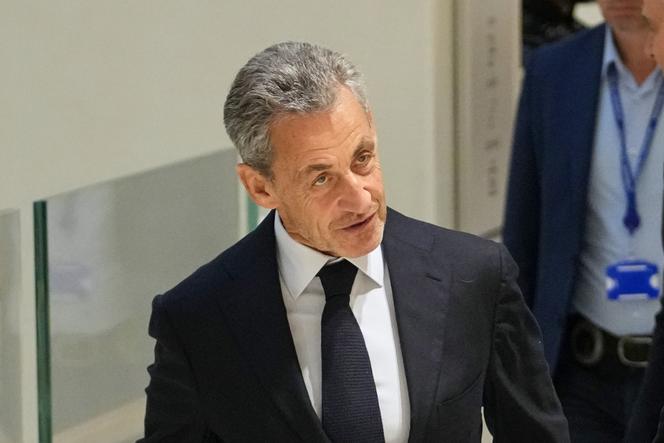Nicolas Sarkozy Sentenced for Criminal Conspiracy in Libya Case
Former French President Nicolas Sarkozy has been handed a five-year prison sentence after being found guilty of criminal conspiracy tied to illicit campaign financing during his 2007 presidential run. While Sarkozy was acquitted of other charges related to the case, the verdict has reignited debate over his political legacy in France.
The court delivered its ruling after a lengthy trial that examined the allegations of corruption surrounding Sarkozy’s administration and the financial support received from the Libyan government of Muammar Gaddafi. Sarkozy, who served as the President of France from 2007 to 2012, has consistently denied any wrongdoing and plans to appeal the conviction. As the news broke, reactions varied across the political spectrum, with supporters and opponents alike voicing their opinions.
International Reactions
International implications emerged as multiple leaders expressed their positions on Sarkozy’s legal issues. Observers voiced concerns about France’s political stability and its future relations within Europe, given Sarkozy’s past prominence on the world stage.
Table of Key Facts
| Detail | Information |
|---|---|
| Name | Nicolas Sarkozy |
| Position | Former President of France |
| Period Served | 2007 – 2012 |
| Sentence | 5 years (including 3 years suspended) |
| Charges | Criminal Conspiracy |
Sarkozy’s Political Future
Despite the sentence, financial and legal experts speculate that Sarkozy’s political ambitions may not be entirely extinguished. His appeal process could span several years, providing him with an avenue to maintain relevance in the political arena. The ongoing public discourse around this case could ignite a broader conversation on corruption in politics, both in France and globally.
Conclusion
The verdict against Sarkozy is a significant event in French politics, marking a dramatic fall from grace for a leader once considered a powerful figure on the international stage. As the situation evolves, attention will remain focused on the implications of this case and its potential to shape France’s political landscape in the years to come.


